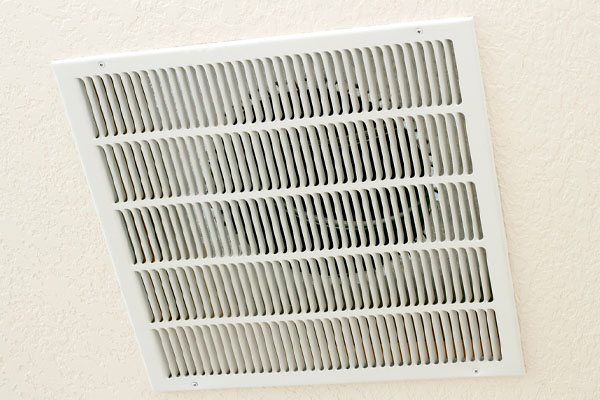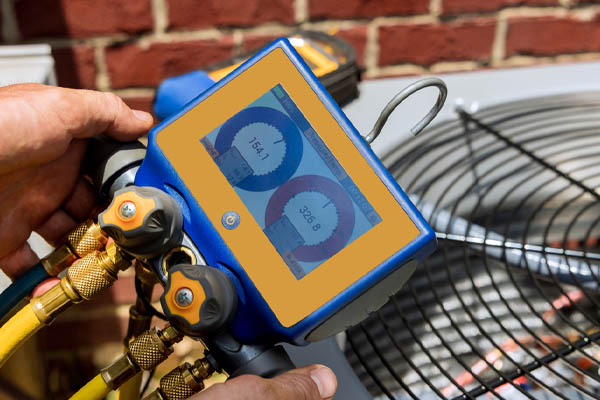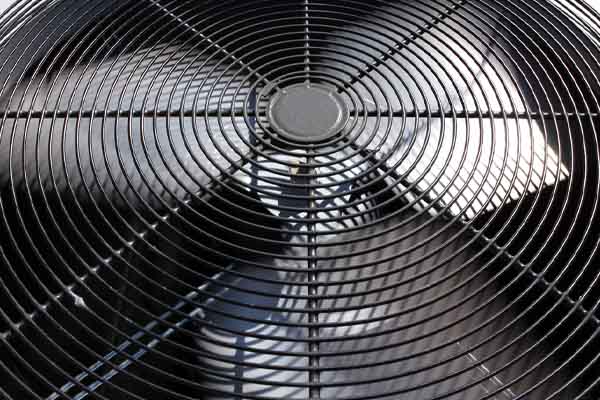Indoor comfort extends beyond just heating and cooling. HVAC contractors understand that the “V” in HVAC stands for ventilation and holds equal significance. Neglecting ventilation can lead to issues despite... read more →
HVAC systems are not only vital for maintaining a pleasant indoor climate, but they are also significant contributors to a building's overall energy use and associated costs. One method that... read more →
Oil heating systems are not only environmentally friendly but also have a longer lifespan compared to other fuel systems. They offer excellent cost-effectiveness and high efficiency, particularly with newer models... read more →
Sometimes, less is more. This principle applies to overcharged cooling systems, where an excess of refrigerant can be just as detrimental as insufficient amounts. Over time, the need to handle... read more →
Before choosing an HVAC system, make sure you thoroughly examine the available options. The traditional approach involves using an air conditioner during summer and a furnace in winter. However, you... read more →
Summer is often the season when heating oil is least considered. However, it is actually the ideal time to focus on this fuel. With the boiler idle and the sun... read more →
Power-related issues can be highly frustrating, especially when your air conditioner shuts down completely. During hot weather, the last thing you want is to be left without a cooling system... read more →
Despite common misconceptions, air conditioners primarily focus on heat transfer rather than directly generating cold air. Their primary purpose is to absorb heat from indoor spaces and release it outside.... read more →
Air conditioners have two ways of creating a cooler environment. First, they lower the temperature in the home. Second, they decrease indoor humidity. While many homeowners are aware of the... read more →
The Centers for Disease Control and Prevention (CDC) reports that common health risks during summer are dehydration, heatstroke, and sunburn. The U.S. Environmental Protection Agency (EPA) states that around 1,300... read more →













